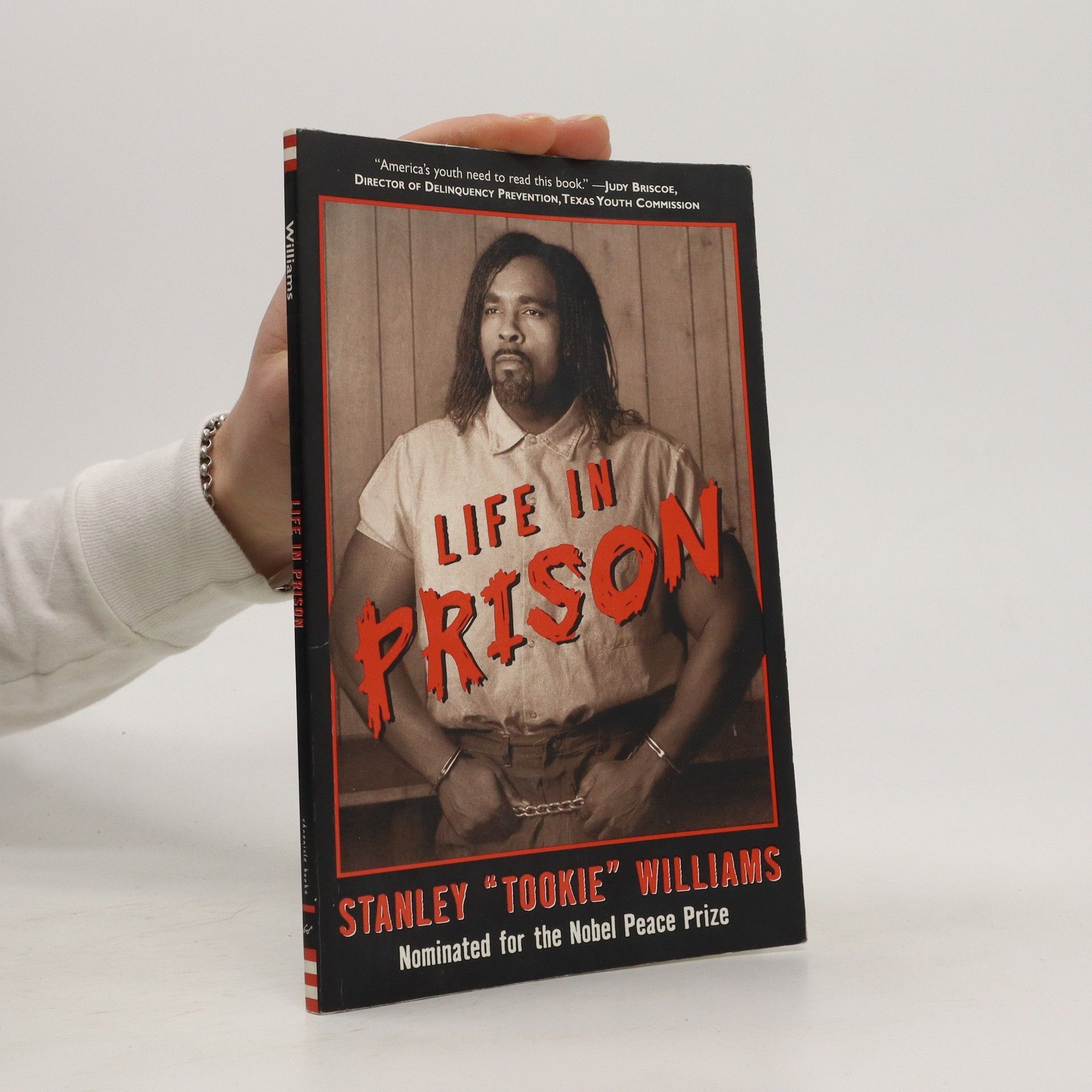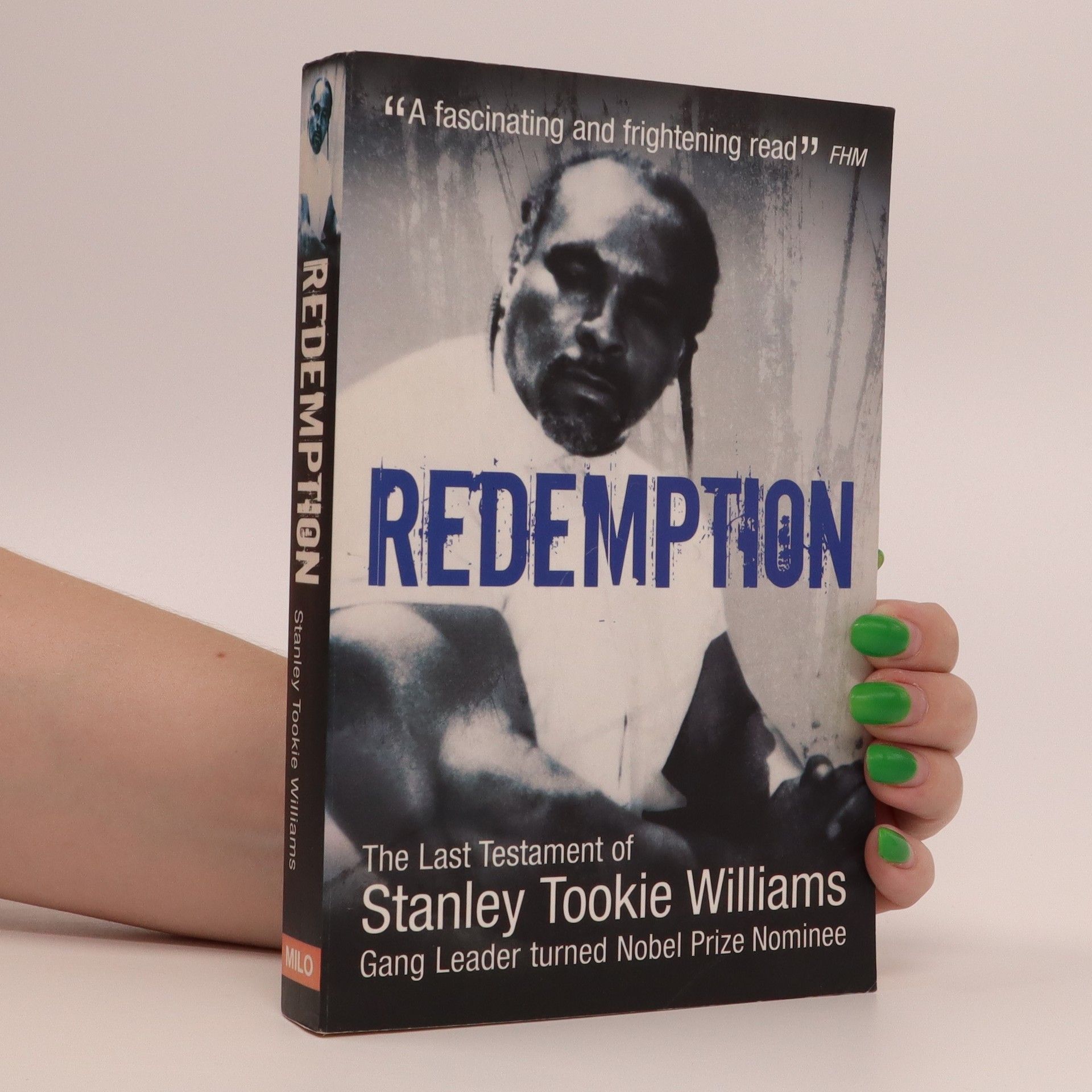A late Nobel Peace Prize nominee describes his co-founding of the notorious Crips gang and the criminal activities for which he was executed in 2005, relating how he became a powerful anti-gang activist while in prison
Stanley Tookie Williams Libros
Stanley Tookie Williams III fue un notorio líder de una pandilla callejera estadounidense que más tarde transformó su vida y se convirtió en un prolífico autor. Mientras estaba encarcelado, escribió numerosos libros, incluyendo poderosa literatura contra pandillas y contra la violencia, así como libros infantiles. Sus escritos reflejan un profundo viaje de redención, ofreciendo perspectivas sobre las consecuencias de la violencia y abogando por la paz. La obra de Williams sirve como testimonio de la posibilidad de cambio y del impacto duradero de la literatura en la promoción de valores sociales positivos.



Redemption
- 368 páginas
- 13 horas de lectura
As co-founder of deadly LA street gang, the Crips, Stanley 'Tookie' Williams was the most feared man on the streets of Los Angeles. In 1971, at the age of 17, he teamed up with Raymond Lee Washington and they formed their own gang, which would later be known as the Crips.Since his conviction for the murder or four people in 1981, Williams decries his own bloody legacy and his continued efforts to teach young people about the dangers of joining street gangs has earned him a Nobel Peace Prize nomination and a stay of execution on death row. This is his story.
Life in Prison
- 80 páginas
- 3 horas de lectura
"The true stories I've written in this book are my living nightmares. My greatest hope is that the lessons the stories offer will help you make better choices than I did." Stanley "Tookie" Williams, cofounder of the notorious Crips gang, is a death-row inmate. But in his two decades of incarceration, Williams has also become a respected author and activist whose dedication to ending gang warfare in the lives of inner-city children has earned him a 2001 Nobel Peace Prize nomination. In this award-winning bookwhich has drawn praise from educators, government leaders, and families alikeWilliams describes the brutal reality of being an inmate. He debunks myths of prisons as "gladiator schools" with blunt, riveting stories of overwhelming homesickness, the terror of solitary confinement, and the humiliation of strip-searches. Williams' words are a frank challenge to adolescent readers to educate themselves, make intelligent decisions, and above all, not to follow in his footsteps.